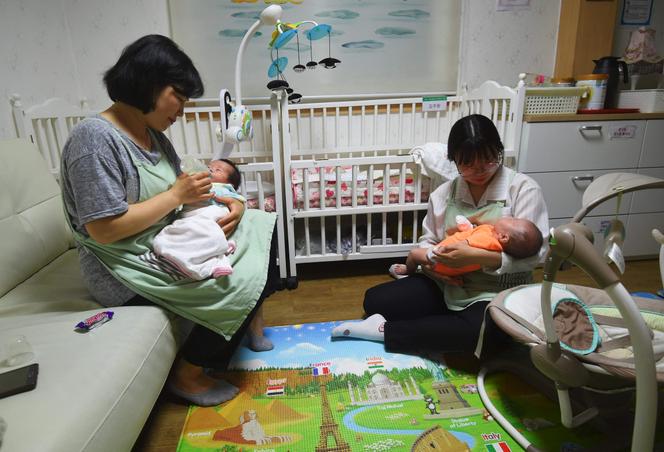


South Korea registered record birth rate growth during the first five months of the year, officials told Agence France-Presse (AFP) on Wednesday, July 23. The country has one of the world's longest life expectancies and lowest birth rates – a combination that presents a looming demographic challenge. Seoul has poured billions of dollars into efforts to encourage women to have more children and maintain population stability.
"The number of newborns for the January-May period stood at 106,048, a 6.9% increase, the highest growth rate since such data collection began in 1981," said an official at Statistics Korea. The surge follows South Korea's first annual increase in the number of births in more than a decade, driven by a rise in marriages. In 2024, the number of newborns rose by 8,300, or 3.6%, to 238,300 from the previous year. April in particular saw a spike, with year-on-year growth reaching 8.7% and the number of births totalling 20,717 that month.
The increase is attributable "to a rise in the number of women in their early 30s, leading to an overall increase in marriages," the official told AFP. "In South Korea, there is a strong correlation between marriage and childbirth, which has driven the increase in births during the first five months," she added.
The latest figure marks a sharp turnaround from early 2024, when the number of births for the January-May period dropped by 2.7% from the previous year. The fertility rate, or the average number of babies a woman is expected to have in her lifetime, for May stood at 0.75.
The country needs a fertility rate of 2.1 children in order to maintain the country's population of 51 million. At current rates, the population will nearly halve to 26.8 million by 2100, according to the Institute for Health Metrics and Evaluation at the University of Washington in Seattle.
Experts say there are multiple reasons for the low birth rate, from high child-rearing costs and property prices to a notoriously competitive society that makes well-paid jobs difficult to secure. The double burden for working mothers of managing the brunt of household chores and childcare while also maintaining their careers is another key factor, they say.
